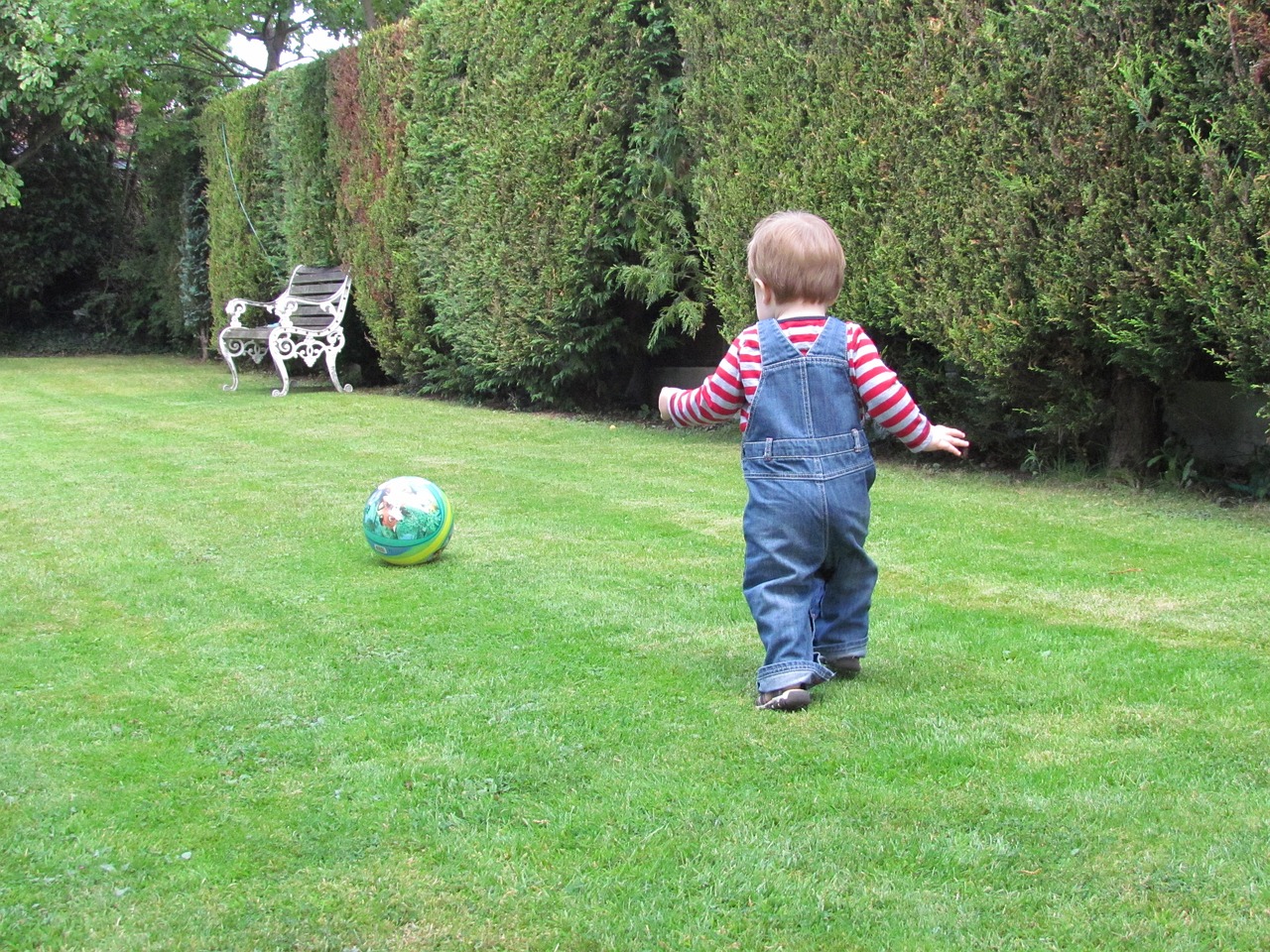Harnessing the Power of Mindfulness in Rehabilitation
laser247 com login id and password, lotus 365.vip, sky 247 login: Living with chronic pain or recovering from an injury can be incredibly challenging. Rehabilitation can be a long and difficult process, requiring patience, dedication, and resilience. One powerful tool that can assist in this journey is mindfulness.
What is mindfulness, you may ask? Mindfulness is the practice of being present in the moment, fully aware of your thoughts, feelings, and physical sensations without judgment. It is about cultivating a sense of calm and acceptance, even in the face of pain or discomfort.
In recent years, mindfulness has gained popularity as a complementary therapy in rehabilitation programs. Research has shown that mindfulness can help individuals better cope with pain, reduce stress levels, improve mood, and enhance overall well-being. By incorporating mindfulness practices into rehabilitation, individuals can tap into their inner resources for healing and growth.
Here are some ways in which mindfulness can be harnessed in rehabilitation:
1. Mindful breathing exercises: Deep breathing techniques can help individuals relax their bodies and minds, reducing stress and promoting healing.
2. Body scan meditation: This practice involves focusing on different parts of the body, bringing attention to any sensations or areas of tension. By tuning into the body in this way, individuals can learn to listen to its needs and promote healing.
3. Loving-kindness meditation: This practice involves sending wishes of compassion and kindness to oneself and others. By cultivating feelings of empathy and love, individuals can reduce negative emotions and enhance their well-being.
4. Mindful movement: Practices such as yoga, tai chi, or qigong can help individuals improve their physical strength, flexibility, and balance while cultivating mindfulness and relaxation.
5. Mindful eating: Paying attention to the sensations of eating can help individuals make healthier food choices, improve digestion, and prevent overeating.
6. Mindful walking: Taking a mindful walk in nature can help individuals connect with the present moment, reduce stress, and improve mood.
FAQs:
Q: Can anyone practice mindfulness?
A: Yes, mindfulness is a practice that anyone can learn and benefit from. It does not require any special tools or equipment, just a willingness to be present in the moment.
Q: How long does it take to see the benefits of mindfulness?
A: The benefits of mindfulness can be felt immediately, but regular practice over time can lead to more lasting effects on well-being.
Q: Are there any risks associated with mindfulness?
A: Mindfulness is generally safe for most people, but it may not be suitable for individuals with certain mental health conditions. It is always best to consult a healthcare provider before starting any new mindfulness practices.
Incorporating mindfulness into rehabilitation programs can be a powerful way to support healing and well-being. By harnessing the power of mindfulness, individuals can cultivate resilience, reduce pain, and enhance their overall quality of life.







